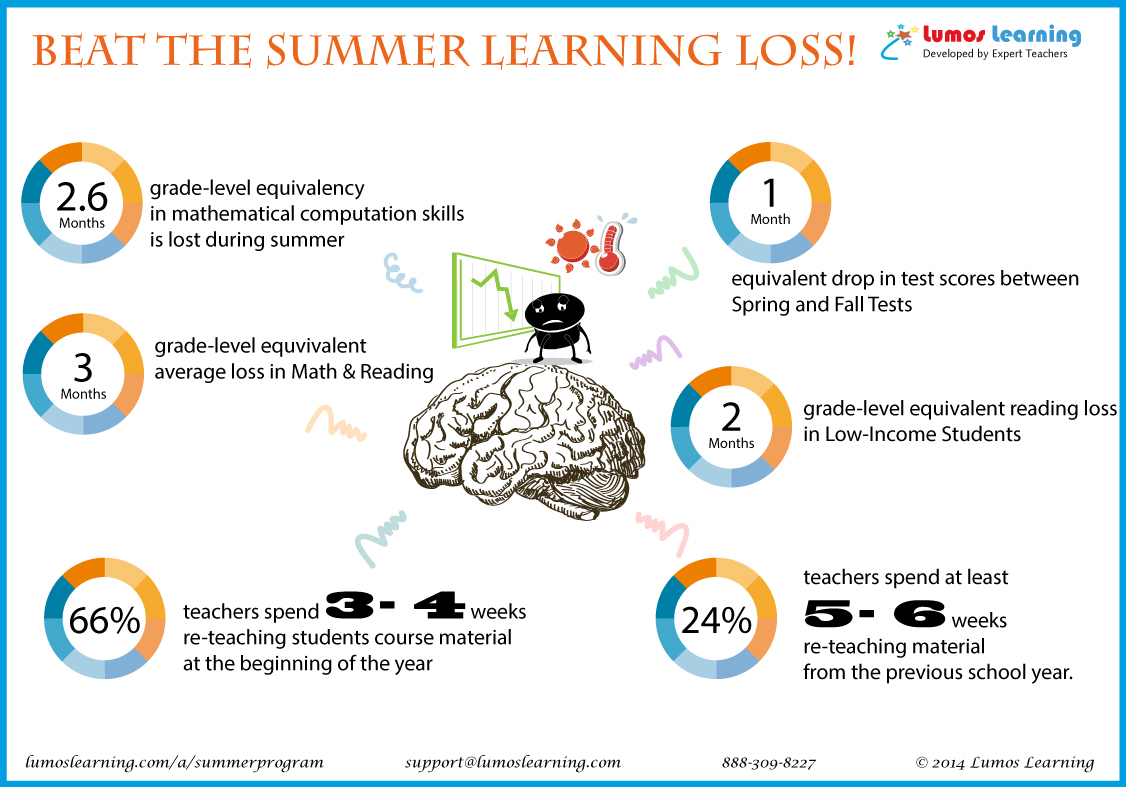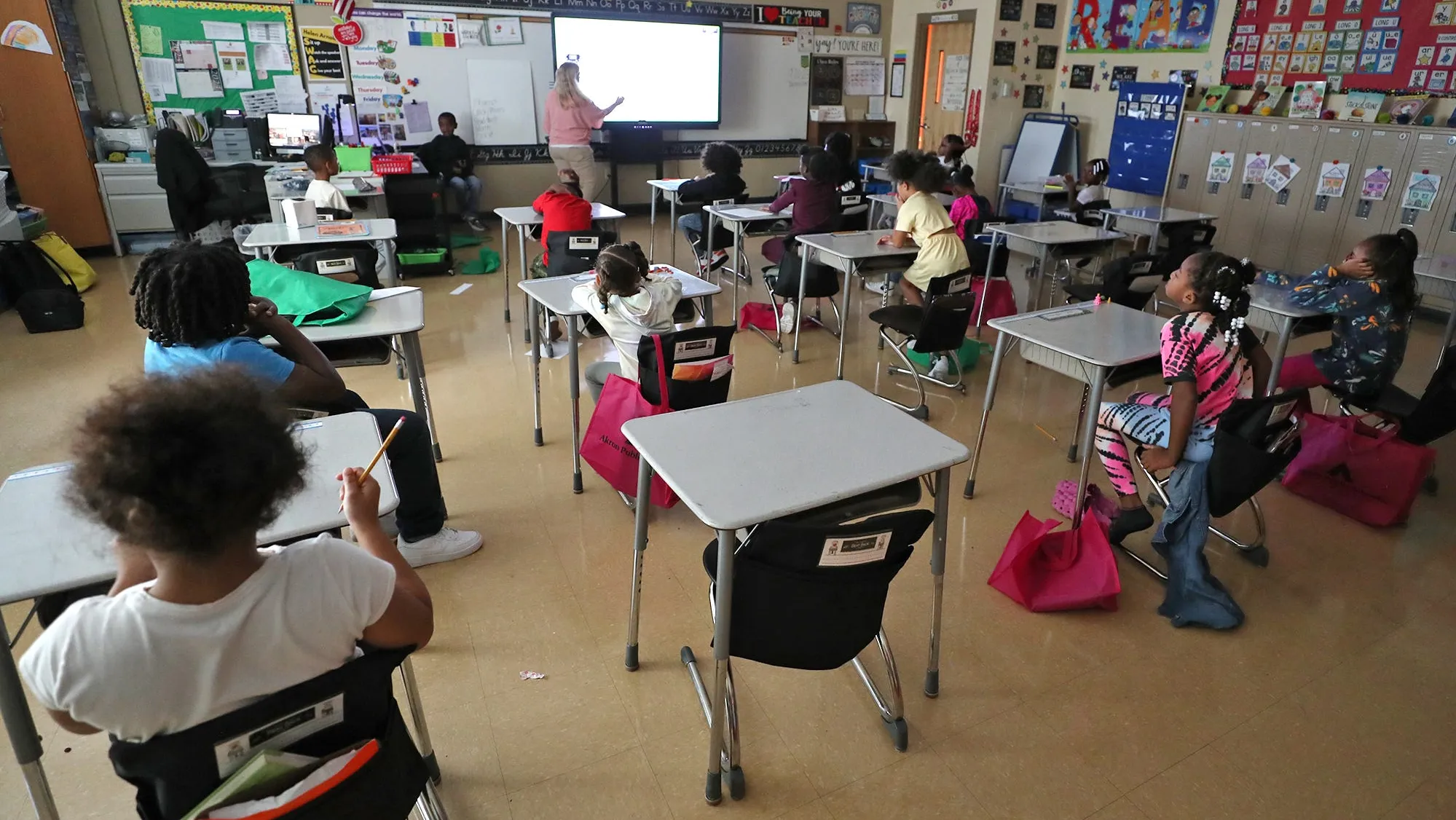As school ends and temperatures rise, young people across America face the risk of losing the reading and math skills they acquired during the academic year. On average, children lose about 20% of their reading progress and 27% of their math progress during the summer, according to a 2020 study published in the American Educational Research Journal. This phenomenon, known as summer learning loss, can vary among students, particularly those who do not participate in educational activities during the break. Experts emphasize the importance of strategic planning by family members and summer instructors to help children retain their academic gains. Here are five key strategies to prevent learning backslide over the summer.

Reading and Literacy Programs
Continuing to read over the summer is crucial for maintaining literacy skills. Families should make reading enjoyable and take advantage of summer reading programs at public libraries. National booksellers also combat learning backslide through programming. Barnes and Noble offer free books to kids who submit a journal entry about their favorite part of a book. Scholastic provides an online summer reading program where young people can attend author events, interact with fictional characters, and play book-based games. Innovative methods, such as summer book clubs and creating café-like environments in classrooms, also help keep children engaged in reading.
Math Skills Maintenance
Maintaining math skills can be challenging, but schools are increasingly adept at providing digital resources for students. Online math programs used during the school year, such as Moose Math, Happy Numbers, and Zearn, remain accessible over the summer. Free resources like Khan Academy offer interactive math challenges to keep kids engaged. Incorporating math into everyday activities can also be effective. For example, introducing kids to budgeting, finance, or tracking sports statistics can make learning practical and enjoyable. “Sports are full of math,” notes Richard Blankman from Houghton Mifflin Harcourt. Simple activities like adding up goals or discussing different types of shots in basketball can help younger students practice math skills.
Educational Field Trips and Experiences
Museums provide excellent opportunities for children to apply their academic skills in real-world settings. Science and math museums often offer summer programs and kid-focused exhibits that can spark curiosity and reinforce learning. Programs like San Francisco’s Museums for All and the national Museums4All provide discounted admission to families, making these experiences more accessible. Some museums also offer specialized classes and summer camps. For example, the American Museum of Natural History in New York provides free science classes in anthropology, astrophysics, conservation, and evolutionary biology. Older students can participate in summer internships, while younger kids can join summer camps, blending learning with fun.
Additional Educational Programs
Beyond traditional subjects, summer programs can introduce children to music, STEM, and career education. The Boys and Girls Club of America’s Summer Brain Gain program, supported by Disney, aims to prevent summer learning loss. Some school districts offer free academic programs, such as the Philadelphia Public School District’s summer camp for sixth- to eighth-grade students interested in career and technical education. Summer school can also be a time for students to explore new interests. The Los Angeles Unified School District’s summer school program includes lessons in electives like music and fashion, alongside math and reading instruction.

Balancing Learning and Play
While maintaining academic skills is important, summer should also be a time for children to relax and enjoy themselves. Parents should ensure their children have opportunities for social interactions and downtime. Some summer camps now incorporate social and emotional well-being, and some schools offer counseling services over the break. Overall, a balanced approach that combines educational activities with leisure can help children retain their academic skills while also enjoying their summer.
